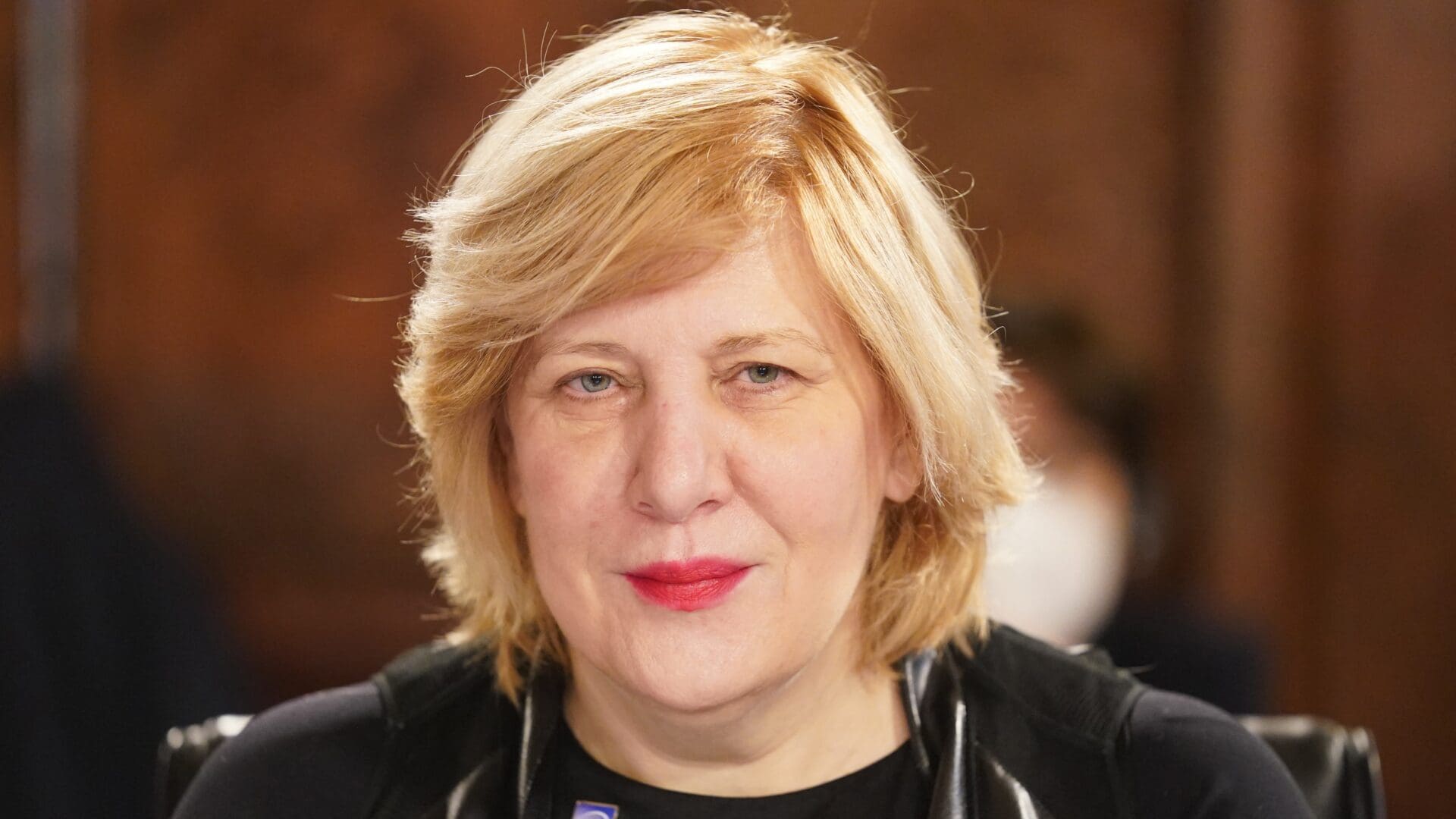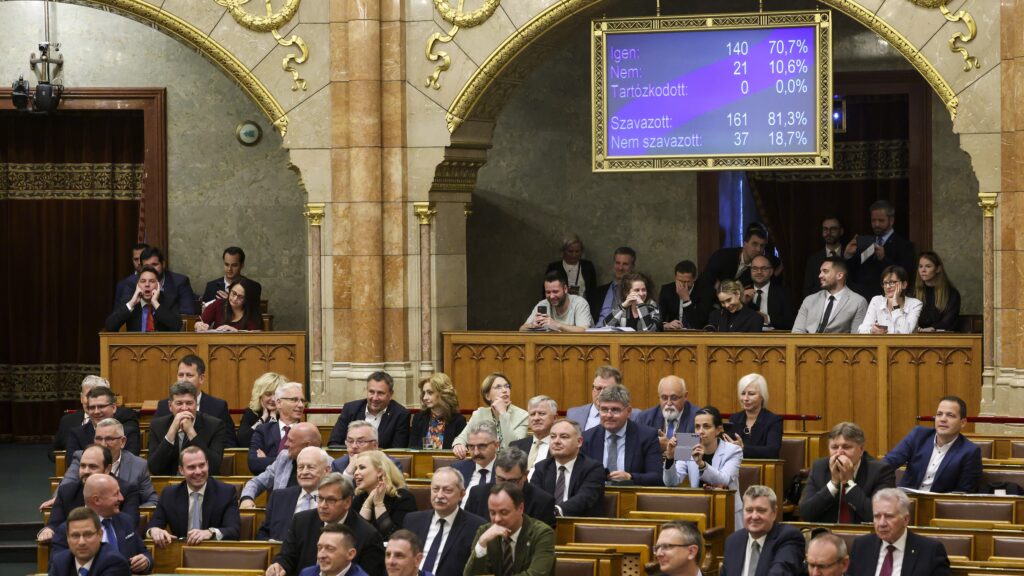In response to the incidents revealed following the 2022 parliamentary elections, Hungary’s leading political party, Fidesz, submitted a draft law focused on the safeguarding of national sovereignty to parliament on 21 November. A key element of the bill, which includes almost forty sections incorporating an amendment into the Hungarian Criminal Code, is the creation of a completely new authority. The Council of Europe’s Commissioner for Human Rights, Dunja Mijatović has taken issue with the proposed legislation.
The Sovereignty Protection Office is set to operate independently of all Hungarian constitutional bodies. Its primary goal will revolve around identifying and investigating actions associated with disinformation and efforts to influence the decision-making processes of both the state and society on behalf of foreign nations, entities, or organizations.
‘The proposal to establish a sovereignty defence office in Hungary, endowed with broad powers over any organization or individual suspected of serving foreign interests or threatening national sovereignty, poses a significant risk to human rights and must be rejected,’ stated Dunja Mijatović, the Commissioner for Human Rights of the Council of Europe, in the Council’s newsletter issued on Monday.
According to the Commissioner for Human Rights, both the draft legislative package submitted to parliament and the government’s parallel proposal, which seeks to integrate the new office into the Fundamental Law, are ‘so ambiguous that
the proposed office could be used as a weapon against anyone considered an adversary’,
for example, due to activities aimed at ‘influencing democratic debate.’ Discussing the draft legislation, Mijatović also wrote: ‘At the Prime Minister’s proposal, the President [of the new office] appointed by the head of state would have unlimited authority, without oversight or recourse, to request sensitive data and private information from anyone.’
The Commissioner for Human Rights recalled having previously raised concerns about certain steps taken in Hungary, ‘which arbitrarily restrict the indispensable work of non-governmental organizations and human rights defenders in the country.’ Additionally, she expressed concern about alleged efforts to undermine the balance of power and the independence of the judiciary. According to her, if this proposal is accepted, it ‘provides even more opportunities for the executive to silence and stigmatize independent voices and dissenters.’
It is important to note that the reason behind the new proposal is that during the 2022 elections,
Gergely Karácsony’s 99 Movement received over 650 million HUF (c. 2 million USD) in funding from mostly foreign entities.
Hungarian Conservative reported on the issue at the time. Without a body set up to monitor and control such events, such attempts at influencing Hungarian elections may occur again.
Related articles:








